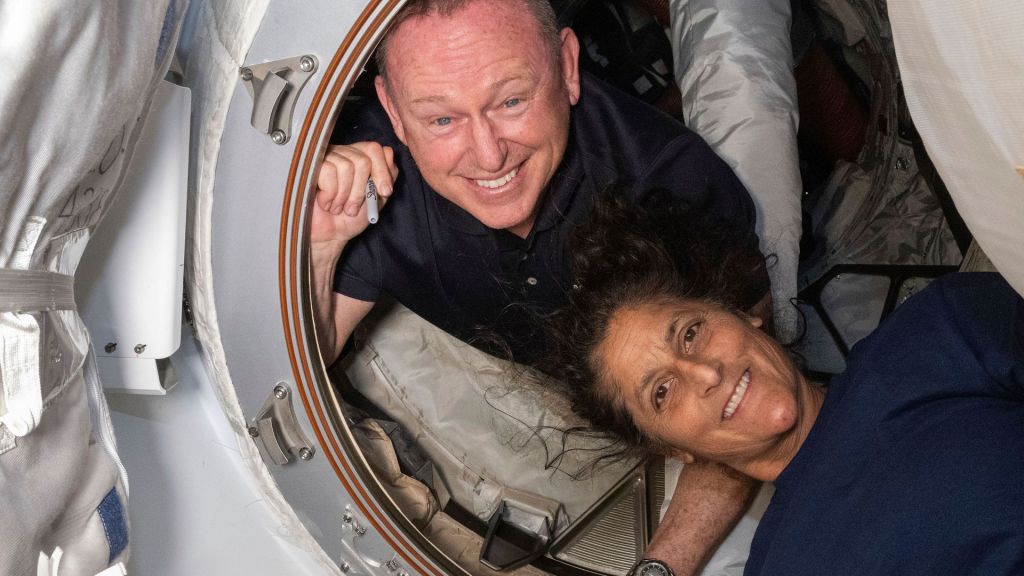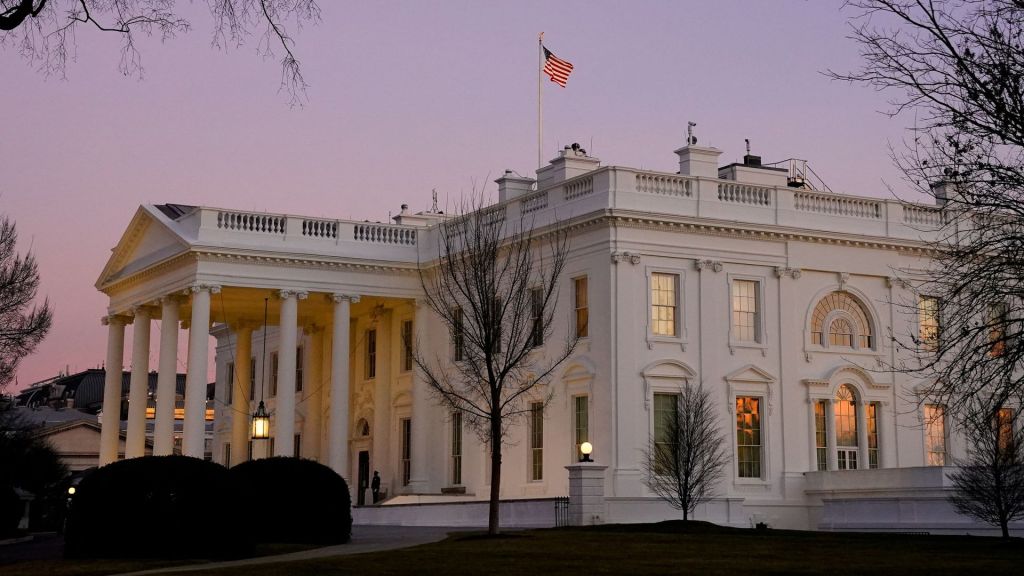
[KENNEDY FELTON]
What does a $31 million box office haul, Oscar nominations, and a major directing award get you for ‘The Brutalist’? If you’re director Brady Corbet, absolutely nothing—at least not in his bank account.
“Both my partner and I made zero dollars on the last two films we made. Zero. Yes, actually zero,” Corbet said in an interview on Marc Maron’s “WTF” podcast.
Corbet spoke with comedian Marc Maron on his podcast Monday, getting candid about his financial reality. He revealed his first significant paycheck in years came from three commercials he directed in Portugal.
“We had to just live off a paycheck from three years ago. And obviously, the timing during an awards campaign—having to travel every two or three days—was less than ideal, but it was an opportunity that landed in my lap, and I jumped at it,” Corbet said.
So how is it possible that a critically acclaimed Oscar-nominated film hasn’t made any money? Corbet says he’s not alone—he’s spoken to several nominated filmmakers this year who can’t even afford to pay rent.
Two years ago, a Reddit user in the Filmmakers subreddit asked: “Filmmakers who make over $100k per year, how do you do it?”
One user, a line producer for unscripted TV, said they make over $150,000 a year thanks to consistent work on shows that get renewed for multiple seasons.
Another, a Finnish film director, said his income comes primarily from directing fees for feature films—with occasional commercial work, just like Corbet.
So why doesn’t Corbet see a dime from ‘The Brutalist’s success? Film financing is complex. Box office revenue first goes to distributors, theaters, and marketing costs. If a director’s deal relies on backend profits, they might never see a payout due to Hollywood’s complex accounting practices.
FROM THE BIG SCREEN TO THE BIG STAGE: WHY SUCCESS DOESN’T ALWAYS MEAN BIG PAYCHECKS
And this isn’t just a film industry problem. Music artists face similar struggles—with streaming services on average paying less than a penny per stream, forcing artists to rely on touring, merchandise, and brand deals to make money—an issue rapper Snoop Dogg spoke candidly about during the Milken Institute Global Conference in 2023.
“Can somebody explain to me how you get a billion streams and not get a million dollars? That sh*t don’t make sense to me,” Snoop Dogg said.
Even one of the biggest stages in entertainment—the Super Bowl halftime show—doesn’t pay its performers. Artists like Usher and Kendrick Lamar perform for free, with the NFL covering only production and travel costs according to People magazine.
This year, Kendrick Lamar’s halftime performance show drew a record 133 million viewers—outperforming the Super Bowl itself. Last year, Usher’s performance attracted 129 million viewers, according to Roc Nation. The exposure alone makes it worthwhile for many artists.
And perhaps, that’s why filmmakers like Corbet continue to work for little or no pay. An award-winning or critically acclaimed film can be a stepping stone to bigger projects, studio deals, or future financial success—even if it does not pay off immediately.











